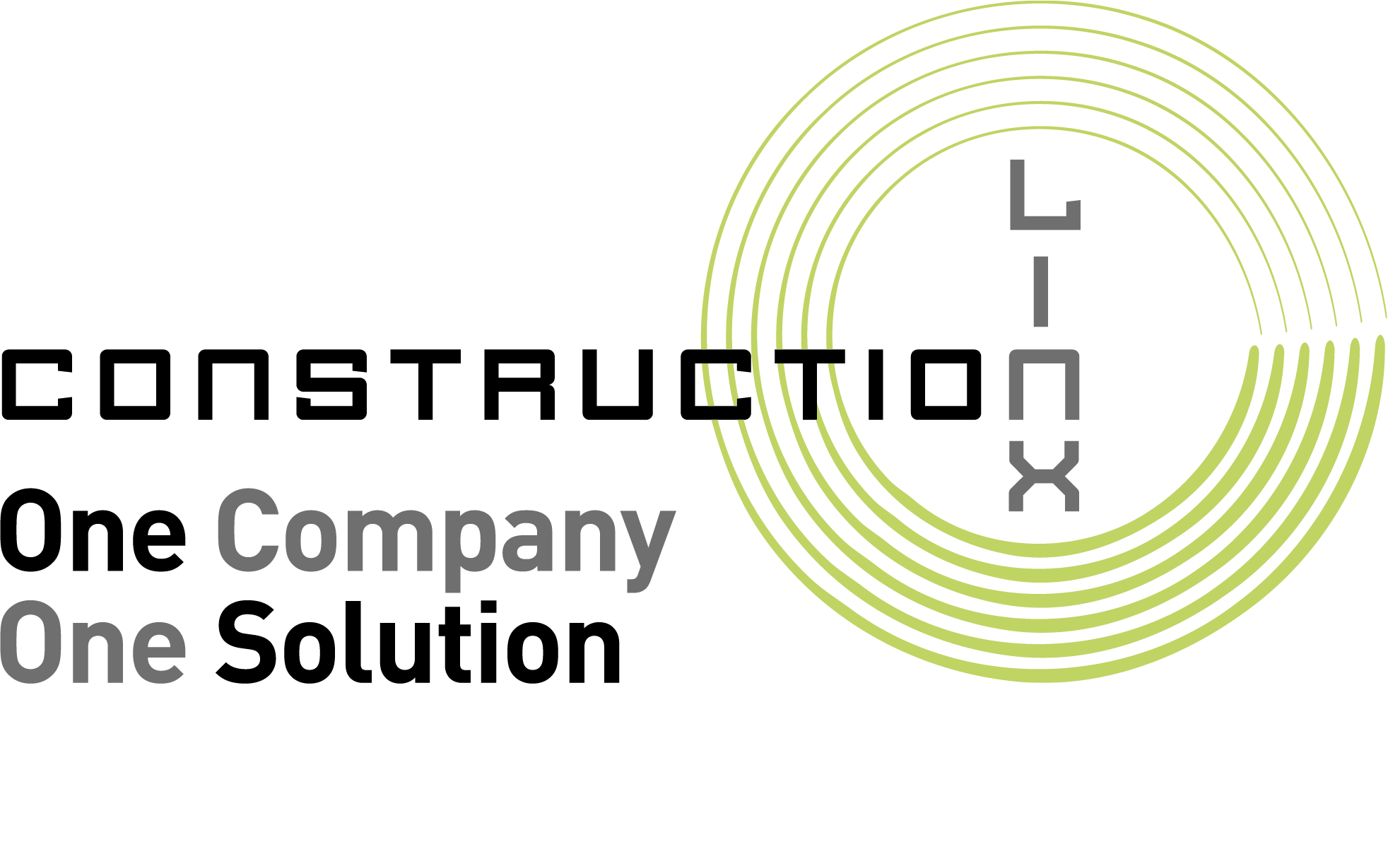The UK construction industry is one of the largest and most important sectors in the country, employing over 2 million people. However, it is also a sector that is plagued by mental health issues. According to research by the Chartered Institute of Building, 91% of construction workers in the UK have felt overwhelmed, with 26% having experienced suicidal thoughts. This alarming statistic highlights the need for greater awareness and support for mental health within the industry.
The construction industry is known for its high-pressure and often hazardous working conditions. Long hours, tight deadlines, and physically demanding work can all take their toll on workers’ mental health. Furthermore, the industry has traditionally been male-dominated, which can create a culture of stoicism and reluctance to discuss mental health issues. This can lead to workers suffering in silence and not seeking the help they need.
Despite the challenges, there are positive steps being taken to address mental health in the UK construction industry. Organisations like Mates in Mind and the Health and Safety Executive (HSE) are working to raise awareness and provide support for workers. By promoting a culture of openness and offering resources such as mental health first aid training, the industry is taking important steps towards creating a healthier and more supportive working environment for all workers.
Prevalence of Mental Health Issues
The UK construction industry is known for its high-pressure work environment, long working hours, and demanding physical labour. As a result, it is not surprising that mental health issues are prevalent within the industry.
Incidence Rates
According to a report by the Chartered Institute of Building, 26% of construction industry professionals have considered taking their own lives in 2019. Additionally, stress, anxiety, and depression accounted for 49% of all working days lost due to ill health in 2022/23.
Between 2011 and 2015, of the 13,232 in-work suicides recorded, 1,419 were within the skilled construction and building trades, highlighting the scale of the mental health challenge facing the industry.
Risk Factors
Several factors contribute to the high incidence rates of mental health issues in the UK construction industry. These include:
- Long working hours
- High-pressure work environment
- Demanding physical labour
- Job insecurity
- Financial pressures
- Lack of job satisfaction
- Stigma surrounding mental health
It is essential to understand the risk factors to develop effective interventions and support systems to address the mental health challenges faced by the industry.
Impact on Workforce and Productivity
The impact of mental health issues on the UK construction industry is significant and far-reaching. Mental health problems can lead to reduced productivity, increased absenteeism, and presenteeism, which can ultimately affect the bottom line of companies.
Economic Costs
Mental health issues in the UK construction industry have a significant economic cost. According to a report by the Chartered Institute of Building, mental health-related issues cost the UK construction industry £1.6 billion per year in absenteeism, presenteeism, and staff turnover. Mental health problems can also lead to increased health and safety risks, accidents, and insurance claims, which can further impact the bottom line of companies.
Project Delays
Mental health issues can also lead to project delays in the UK construction industry. The construction industry is highly deadline-driven, and any delays can have significant financial consequences. Mental health problems can lead to reduced productivity, increased absenteeism, and presenteeism, which can ultimately affect the timely completion of projects. This can lead to financial penalties, reputational damage, and a loss of future business opportunities.
To address these issues, companies in the UK construction industry need to take proactive measures to promote mental health and well-being in the workplace. This can include providing mental health training, employee assistance programs, and creating a culture of openness and support. By taking these measures, companies can reduce the economic costs of mental health issues, improve productivity, and ensure the timely completion of projects.
Legal Framework and Regulations

The UK construction industry is subject to a number of legal frameworks and regulations that aim to ensure the health and safety of workers. These frameworks and regulations help to protect workers from harm and provide guidelines for employers to follow.
Health and Safety Executive Guidelines
The Health and Safety Executive (HSE) is the national regulator for workplace health and safety in the UK. The HSE has developed a number of guidelines specifically for the construction industry, which are designed to help employers manage the risks associated with construction work.
For example, the HSE has published guidance on managing the risks of stress at work. This guidance outlines the steps that employers can take to identify and manage workplace stress, including conducting risk assessments, training managers to identify and manage stress, and providing support to employees who are experiencing stress.
In addition, the HSE has developed guidance on the management of mental health in the workplace. This guidance provides advice on how to support employees who are experiencing mental health problems, including how to create a supportive workplace culture, how to identify and manage mental health issues, and how to provide appropriate support to employees.
Duty of Care
Employers such as Construction Linx, in the construction industry have a legal duty of care to provide a safe and healthy working environment for their employees. This includes taking steps to protect workers from harm, such as providing appropriate training, equipment, and supervision.
In addition, employers have a duty to provide appropriate support to employees who are experiencing mental health problems. This includes providing access to counselling and other forms of support, as well as making adjustments to the workplace to accommodate the needs of employees with mental health problems.
Overall, the legal framework and regulations that apply to the UK construction industry provide a solid foundation for the management of mental health in the workplace. By following these guidelines and regulations, employers can help to create a safe and supportive working environment for their employees.
Support and Resources
The UK construction industry has made significant efforts to promote good mental health and combat work-related stress. The industry has recognised the importance of providing support and resources to its workforce to address mental health issues. Here are some of the support and resources available in the UK construction industry:
Mental Health First Aid
Mental Health First Aid (MHFA) is a training programme designed to teach people how to identify, understand, and help someone who may be experiencing a mental health issue. The programme provides participants with the skills and knowledge to recognise the signs of common mental health issues and provide initial help until professional support is available. The UK construction industry has adopted MHFA training as part of its efforts to support its workforce. The programme is available to workers and managers, and it is designed to help them support their colleagues who may be experiencing mental health issues.
Counselling Services
Counselling services are available to workers in the UK construction industry. These services provide confidential support to workers who may be experiencing mental health issues. Counselling services can help workers cope with stress, anxiety, depression, and other mental health issues. The UK construction industry has recognised the importance of providing counselling services to its workforce, and many companies have partnered with counselling providers to offer support to their employees.
In conclusion, the UK construction industry has made significant efforts to promote good mental health and support its workforce. Mental Health First Aid training and counselling services are just two examples of the support and resources available to workers in the industry. The industry’s commitment to promoting good mental health is essential to ensuring the well-being of its workforce.
Initiatives and Best Practices
Awareness Campaigns
Several initiatives have been launched in the UK construction industry to raise awareness about mental health and promote the well-being of workers. One such campaign is the “Mates in Mind” initiative, which was launched in 2017. The initiative aims to raise awareness of mental health in the construction industry and provide support to workers and employers. It provides training to workers and management on how to identify and manage mental health issues, and also offers a range of resources and support services.
Another campaign is the “Building Mental Health” initiative, which is a collaboration between several major construction companies. The initiative aims to improve mental health awareness and support within the industry by providing training, resources, and support services to workers and employers.
Training Programmes
Training programmes are an essential part of promoting mental health and well-being in the construction industry. The CITB offers a range of training programmes designed to help workers and employers understand and manage mental health issues. These include courses on stress management, mental health awareness, and managing mental health in the workplace.
Another training programme is the “Mental Health First Aid” course, which is designed to teach workers how to identify and respond to mental health issues in the workplace. The course covers a range of topics, including the signs and symptoms of mental health issues, how to provide initial support to someone experiencing a mental health problem, and how to guide someone towards appropriate professional help.
Overall, these initiatives and training programmes are vital in promoting mental health and well-being in the UK construction industry. By raising awareness and providing support to workers and employers, they are helping to create a safer and healthier workplace for all.
You can find out more about Mates in Mind here and Building Mental Health here.
Next Story >